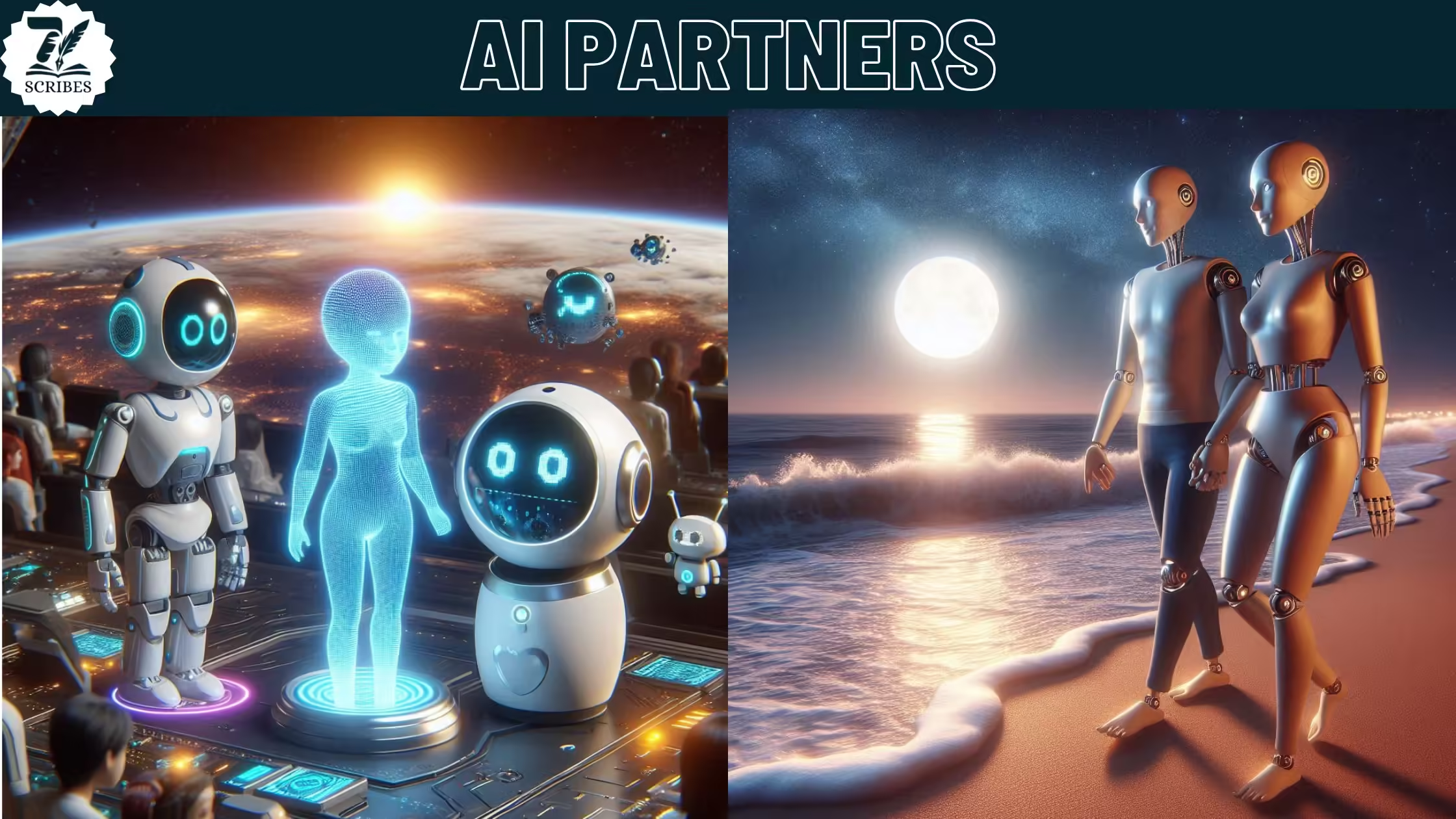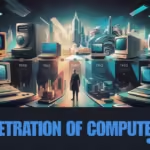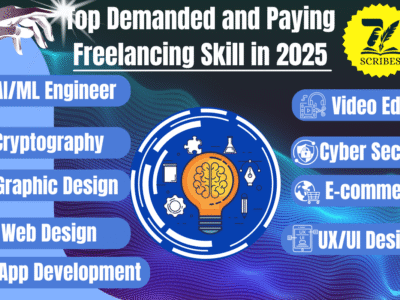In an era identified by fast technological developments, the boundaries between reality and scientific study are merging more than ever. One of the greatest interesting developments in this area is the concept of Artificial Intelligence (AI) associates, which has recently gained considerable interest. Elon Musk, the mysterious CEO of SpaceX and Tesla, has often been in the leading position of conversations regarding artificial partners, and his perspective for the upcoming time introduces engaging questions about relationships, fellowship, and the nature of attachment.
The Rise of Artificial Partners:
As technology progresses, so does our comprehension of friendship. The concept of an “artificial partner” is no longer limited to the domain of science fiction, it’s becoming a reality. With the advancement of advanced AI (Artificial Intelligence) algorithms and machine learning, enterprises are generating virtual partners that can perceive, learn, and adapt to human feelings and actions. This movement indicates a growing desire for relationships in a progressively digital world, where conventional human relationships can sometimes feel complicated or unsatisfying.
Musk has repeatedly emphasized the capability of AI in different situations, cautioning of its threats while simultaneously encouraging its advantages. His projects, like Neuralink, intend to link the gap between humans and machines, raising the possibility of a future where AI could act not just as a tool but as a partner. Musk’s ideas often spark thought and discussion, especially about the moral effects of creating aware or partially aware entities.

Elon Musk and AI: A Complicated Relationship
Musk’s relationship with AI is diverse. On one hand, he has been a supporter of the ethical advancement of AI technologies, emphasizing the requirement for policies to prevent potential exploitation. On the other hand, he has been engaged in projects that extend the boundaries of AI potential. For example, Tesla’s Autopilot and Full Self-Driving technologies depend significantly on AI( Artificial Intelligence ), highlighting the potential for machines to acquire knowledge from their surroundings.
In current years, conversations have developed about the concept of AI-driven partners, especially in the context of psychological support. Musk himself has suggested at the potential for AI to improve human encounters, suggesting that AI could become not just a tool for productivity but also an origin of friendship. Imagine an AI that can offer emotional support, be involved in significant discussions, and even exchange experiences with its human partner. This raises the question: Could an AI partner provide a benefit that conventional relationships cannot?
The Potential Advantages of Artificial Partners
The prospect of an artificial partner could bring numerous benefits to persons looking for friendship. For those who struggle with social engagements, an AI could provide an impartial environment to convey emotions and thoughts. The capability to customize an AI partner to fulfill personal choices could also lead to personalized interactions that feel significantly gratifying.
Furthermore, artificial partners could grow and advance with their human partners, modifying their necessities and wants. In contrast to human relationships, which can be filled with misunderstandings and disputes, artificial partners could potentially provide a more peaceful relationship. They could be designed to recognize and reply to emotional hints, provide support during challenging moments, or celebrate achievements.
Additionally, AI partners could reduce emotions of isolation that many people experience in today’s rapid world. As digital networks and technology continue to transform how we communicate, many individuals realize themselves alone, despite being continuously connected. An AI partner could function as a bridge, offering friendship without the difficulties that often come with human relationships.
The Ethical Consequences
While the concept of an artificial partner is attractive, it raises major ethical questions. One main issue is the potential for individuals to become excessively dependent on AI for emotional aid, leading to further separation from human relationships. If people begin to choose AI friendship over human interaction, could this limit their capability to establish significant relationships with others?
Another issue is the representation of gender norms and connections through AI partners. If most artificial partners are created to fulfill conventional roles, this could strengthen harmful categorizations and expectations. The creation and development of artificial partners need to evaluate these consequences to encourage better, balanced relationships.
Furthermore, the question of approval and freedom comes up. If an AI is designed to act in a specific manner to satisfy its human partner, can it be considered a partner? The distinctions of approval and power in artificial relationships are complicated and require careful consideration as technology continues to develop.
The Future of Relationships
As we explore the possibilities of artificial partners, we must also think about the nature of human relationships. What does it mean to connect with someone? Is friendship purely about emotional support, or does it include common activities, difficulties, and development? While AI can replicate many aspects of relationships, it may never fully replicate the intensity of human relationships.
Elon Musk’s perspective on the future, including his work on AI, encourages us to consider these questions. The advancement of artificial partners can function as a representation, revealing our desires and concerns about love and relationships. While an artificial partner may offer comfort and friendship, it also challenges us to reconsider what it means to be human and how we relate to each other.





